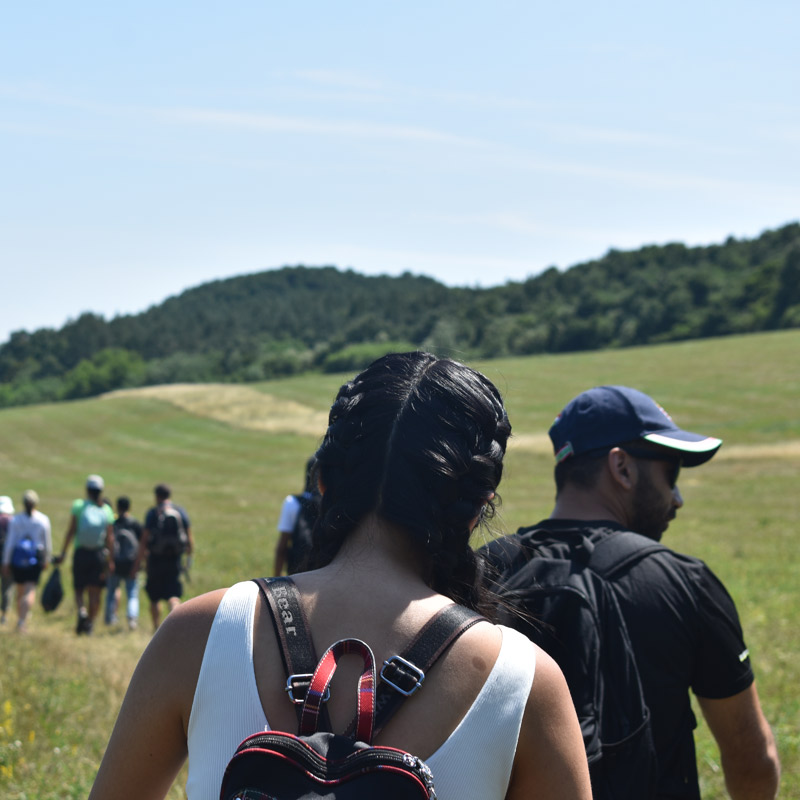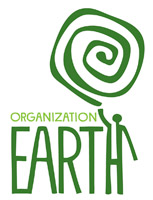
Climate change knows no borders, and young people will be the driving force behind a sustainable future.

Climate change knows no borders, and young people will be the driving force behind a sustainable future. The GenGreen project focuses on empowering local associations to adapt and implement educational activities to tackle climate change and carry out initiatives designed and implemented together with youth in their local settings.

About the Project
The GenGreen project empowers local associations to adapt and implement educational activities to tackle climate change and carry out youth-led initiatives in their local settings.
By developing educational programmes, promoting intercultural exchanges, and actively involving young people in meaningful initiatives across Austria, Hungary, Greece and Denmark, GenGreen aims to equip them with the tools to drive tangible change. This website will feature all of these tools, resources and activities.
Ultimately, the project will strengthen the quality of work in terms of youth engagement and climate change in the involved organisations and further raise awareness of the intersection themes of youth, associations, and climate change advocacy.
Project Objectives
The GenGreen project aims to empower youth in climate change advocacy, emphasising active citizenship, leadership, and environmental awareness in local associations. It connects environmental consciousness with skills for voicing the needs of young generations, fostering strategic cooperation between youth organisations, climate change experts and sports associations.
Strategic objectives:
- Education and capacity building for both young people and grassroots associations
- To co-create and implement environmentally friendly solutions in youth and sports associations.
- To highlight the climate crisis and pathways to sustainable solutions among grassroots associations and decision-makers, enabling multi-stakeholder dialogue.


Target groups
The GenGreen project primarily targets:
- Young people (15-29) engaged in designing and implementing environmentally sustainable activities in their local settings with the support of grassroots associations.
- Associations and their staff, who will strengthen their knowledge and capacity through close collaboration and peer learning with international project partners from Denmark, Greece, Hungary, and Austria.
Activities
Throughout our project, we will organise several activities, including:
- A youth gathering in Denmark, bringing together 60 young people from four countries (Austria, Denmark, Greece and Hungary) to learn, collaborate, and inspire one another.
- A study visit to Greece will offer participants the chance to explore best practices in climate action.
- Youth-led activities will be carried out in Austria, Denmark, Greece and Hungary, will empower at least 300 young people and raise climate awareness through physical activity.
Stay tuned by visiting our resources and activities page, which will be updated regularly!

Key facts
Project period: December 2024-December 2026
Co-funded by: ERASMUS+ KA220-YOU - Cooperation partnerships in youth

GenGreen Project is funded by the European Union. Views and opinions expressed are however those of the author(s) only and do not necessarily reflect those of the European Union or the European Education and Culture Executive Agency (EACEA). Neither the European Union nor EACEA can be held responsible for them.





